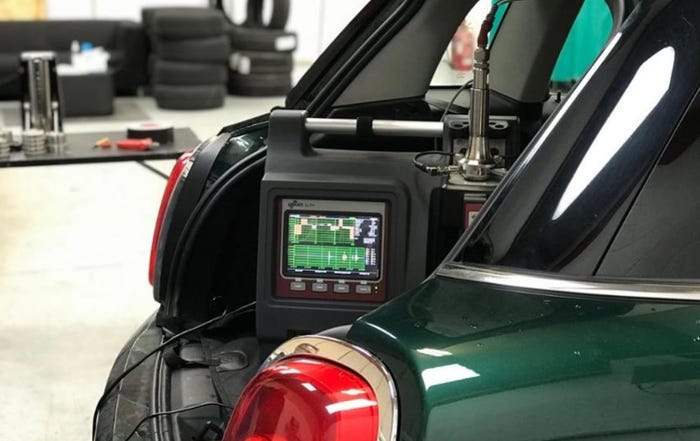Japan No Longer an Island in Isolation?
Japan's auto industry is more laid-back literally toward American and European suppliers, says Sekio Higuchi, executive director of Japan's automotive engineers' society (JASE). Led by Nissan Motor Co. Ltd., Japan's automakers are moving away from the procurement system that has long isolated offshore component makers, Mr. Higuchi tells the Society of Automotive Engineers (SAE) in Washington. He does
July 1, 2001

Japan's auto industry is more laid-back — literally — toward American and European suppliers, says Sekio Higuchi, executive director of Japan's automotive engineers' society (JASE).
Led by Nissan Motor Co. Ltd., Japan's automakers are moving away from the “vertical” procurement system that has long isolated offshore component makers, Mr. Higuchi tells the Society of Automotive Engineers (SAE) in Washington.
He does not foresee any need to replace the U.S.-Japan Automotive Framework Agreement, which expired Dec. 31 and set spending targets on U.S. auto parts for Japanese automakers. A new deal remains on the U.S. agenda — though market access is a more significant challenge for aftermarket suppliers than original equipment manufacturers.
Aftermarket suppliers object to a bureaucracy that they claim bars the bay doors of Japan's repair garages. And while American and European manufacturers are forced to wait outside, critics say, the door is flung wide open for Japan-based companies.
Activity will increase between the two countries with the swearing-in May 14 of Grant Aldonas as U.S. undersecretary of trade and commerce.
Mr. Higuchi also reveals the top 10 priorities facing Japan's auto industry. And the list is dominated by issues related to the environment, with the first three committed to: reducing emissions, developing energy programs less dependent on petroleum products and reducing particulate emissions.
Read more about:
2001You May Also Like



